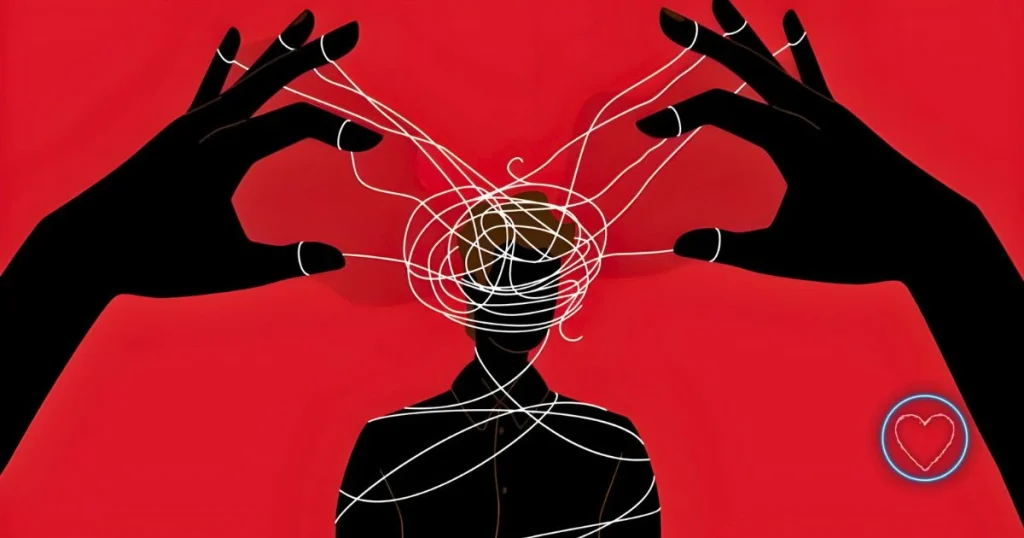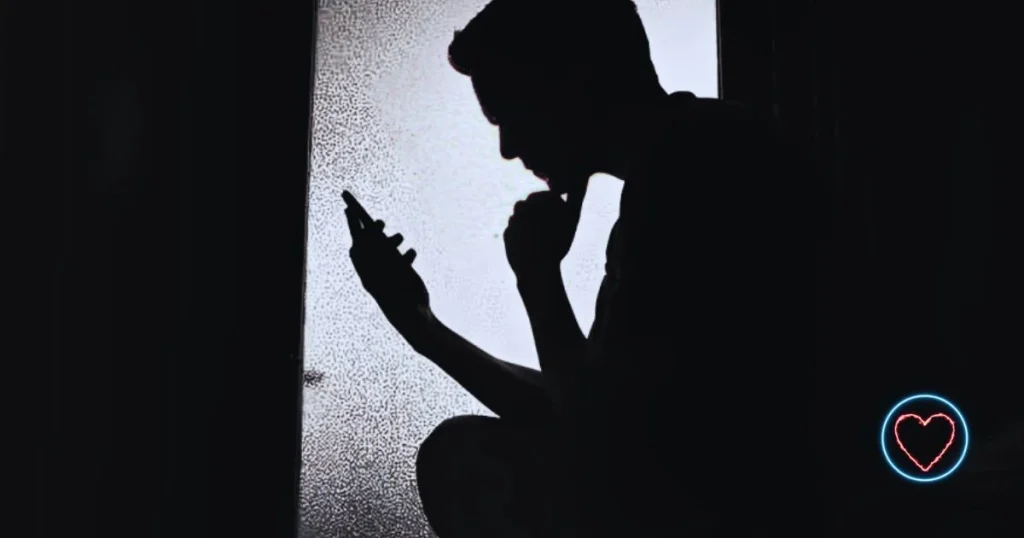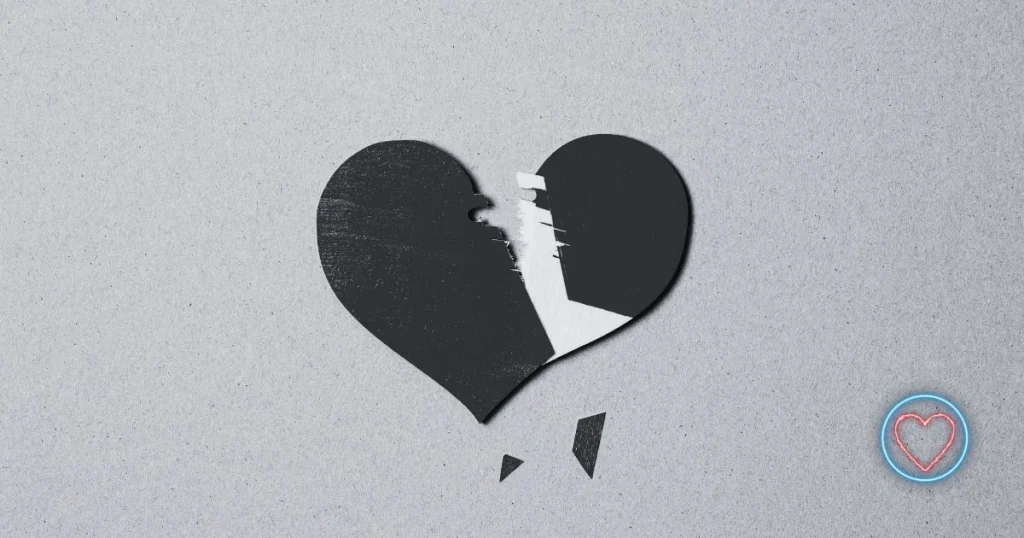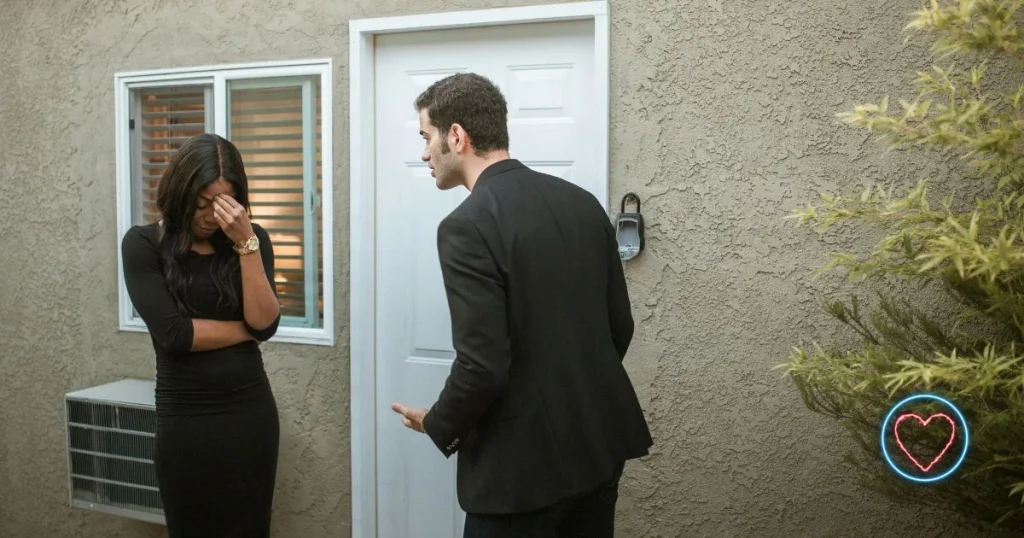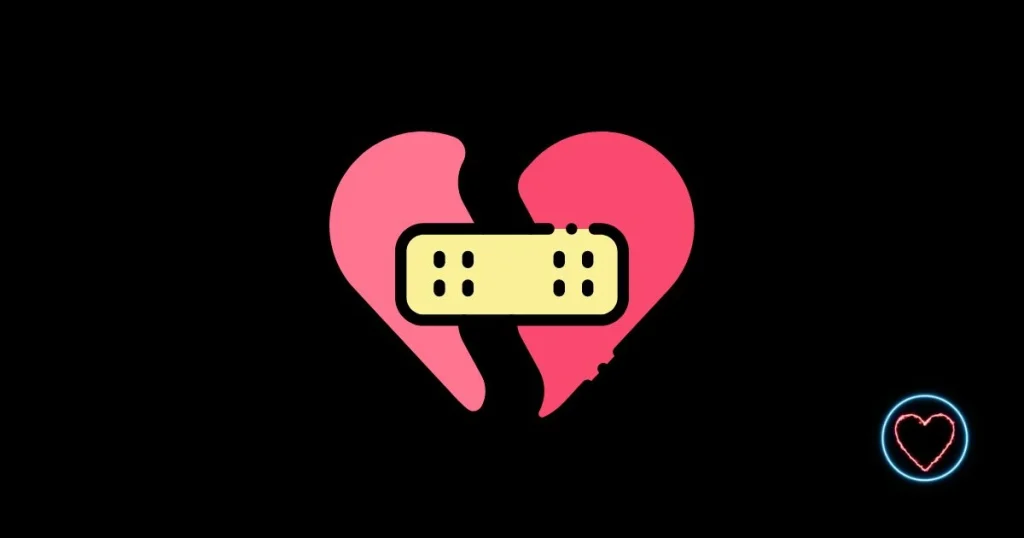Jealousy is a natural emotion—one we’ve all experienced. Whether it’s a twinge of insecurity when your partner chats with someone attractive or a fleeting doubt when they come home late, occasional jealousy isn’t unusual. In fact, it can even reflect how deeply we care. But when jealousy becomes chronic, excessive, or obsessive, it ceases to be a sign of love and starts to erode the relationship from within.
Destructive jealousy doesn’t just hurt relationships—it can deeply affect mental well-being, self-esteem, and personal growth. Let’s explore 15 signs that jealousy has crossed the line from natural to destructive.
1. Constant Accusations Without Proof
A healthy relationship is built on trust. But when one partner frequently accuses the other of cheating or lying without any evidence, jealousy has morphed into paranoia. This behavior breeds resentment, defensiveness, and emotional distance.
Why it’s destructive: Constant false accusations can make your partner feel unjustly scrutinized, undermining the foundation of trust and love.
2. Checking Phones, Emails, and Social Media
While occasional curiosity is common, routinely invading your partner’s privacy—checking their texts, emails, or social media messages—signals deep insecurity and a lack of trust.
Why it’s destructive: It shows a fundamental breach of boundaries and suggests that control has taken the place of communication.
3. Isolation from Friends and Family
A jealous partner may subtly (or overtly) discourage you from seeing friends, especially those of the opposite sex, or even family members who they perceive as a “threat” to their control.
Why it’s destructive: Isolation is a hallmark of emotional abuse. It makes the victim dependent on the jealous partner and severs vital support networks.
4. Interrogating About Past Relationships
Curiosity about your partner’s past is normal in the early stages. But when someone obsesses over your exes, compares themselves constantly, or becomes enraged over things long gone, it’s a red flag.
Why it’s destructive: It creates emotional tension and forces one partner to continually justify a past they can’t change.
5. Attempting to Control Your Appearance
If your partner criticizes how you dress, demands you dress more modestly, or accuses you of “dressing for attention,” jealousy is becoming toxic.
Why it’s destructive: It reflects control, not love. Your appearance becomes a battleground for their insecurities.
6. Overreacting to Innocent Interactions
Whether it’s a quick smile at the barista or a friendly conversation with a coworker, irrational jealousy can make harmless situations feel like betrayal.
Why it’s destructive: Constant hypervigilance causes one partner to walk on eggshells, leading to anxiety and suppression of natural social behavior.
7. Using Guilt as a Weapon
A jealous partner might emotionally manipulate by saying things like, “If you really loved me, you wouldn’t need anyone else” or “I get this way because I care so much.”
Why it’s destructive: Guilt-tripping creates a cycle where the jealous partner justifies their controlling behavior, and the victim feels responsible for the emotional instability.
8. Demanding Constant Reassurance
Everyone needs affirmation, but when reassurance becomes a daily necessity—repeatedly asking “Do you love me?” or “Are you sure you’re not seeing someone else?”—jealousy is fueling insecurity.
Why it’s destructive: The relationship becomes emotionally draining, and genuine affection can turn into obligation.
9. Threatening to Leave or Harm Oneself
In extreme cases, a jealous partner may threaten to end the relationship—or worse, hurt themselves—if you speak to someone they disapprove of or express a desire for space.
Why it’s destructive: This is emotional blackmail. It’s manipulative, abusive, and places your partner’s emotional well-being in your hands unfairly.
10. Trying to Monitor or Control Your Schedule
Destructive jealousy may show up in controlling behavior like demanding to know where you are at all times, showing up unannounced, or insisting you “check in” frequently.
Why it’s destructive: It strips away your autonomy and replaces trust with surveillance.
11. Sabotaging Your Opportunities
A jealous partner may discourage or sabotage your career, educational goals, or hobbies—especially if those involve meeting new people or gaining attention.
Why it’s destructive: It limits personal growth and fosters dependency. Your success becomes a perceived threat instead of something to be celebrated.
12. Making You Feel Guilty for Having Fun Without Them
A telltale sign of destructive jealousy is when a partner gets upset or distant when you enjoy time with others—even harmless outings with friends or family.
Why it’s destructive: It fosters codependency and slowly convinces you that your happiness must be tied solely to them.
13. Twisting Reality or Gaslighting
Jealous individuals might twist facts to make you seem guilty or unfaithful. They may say, “I saw how you looked at him,” even if nothing inappropriate occurred.
Why it’s destructive: Gaslighting erodes self-trust. You begin to question your perceptions, memories, and intentions.
14. Excessive Need to “Mark Territory”
Over-the-top public displays of affection, especially when others are around, can be a way for a jealous partner to assert dominance or claim ownership.
Why it’s destructive: Love isn’t about possession. This behavior shows insecurity disguised as affection.
15. Refusal to Acknowledge or Work on Their Jealousy
Perhaps the most dangerous sign is when a partner refuses to recognize that their jealousy is problematic. They justify it as love, passion, or instinct, ignoring how it’s damaging the relationship.
Why it’s destructive: Denial halts any opportunity for growth or healing. Without accountability, the cycle continues.
The Root Causes of Destructive Jealousy
Understanding where destructive jealousy comes from is key to breaking free from its grip. Often, it’s rooted in:
- Low self-esteem: Believing you’re not “good enough” fuels fear of being replaced.
- Past trauma or betrayal: Previous infidelity or emotional neglect can trigger irrational suspicion.
- Insecurity and fear of abandonment: The fear of losing someone makes the jealous person try to control them.
- Lack of trust: Whether rooted in personal history or the current relationship, distrust leads to hypervigilance.
How to Handle Destructive Jealousy
If you recognize these signs in your relationship—either in your partner or yourself—it’s not too late. Here’s what you can do:
1. Start with Self-Reflection
Understand what triggers the jealousy. Is it fear? Insecurity? Past trauma? Pinpointing the origin is the first step to healing.
2. Open Communication
Talk honestly with your partner about how jealousy is impacting the relationship. Use “I” statements to avoid sounding accusatory.
3. Set Clear Boundaries
Healthy boundaries help both partners feel respected and safe. Make clear what is acceptable and what is not.
4. Seek Therapy
Individual or couples counseling can uncover the deeper roots of jealousy and offer strategies for managing it constructively.
5. Rebuild Trust
If trust has been broken in the past, rebuilding it will take time, transparency, and consistency from both partners.
When It’s Time to Walk Away
Not all jealous behavior can be corrected. If your partner is unwilling to change, or if jealousy has turned abusive—emotionally, verbally, or physically—it may be necessary to leave. Your safety and mental well-being must always come first.
Final Thoughts
Jealousy, in small doses, is human. But when it starts to control behavior, limit freedom, and poison trust, it becomes a threat to love itself. Destructive jealousy doesn’t just ruin relationships—it robs people of joy, connection, and self-worth.
Recognizing the signs early and addressing them with honesty, compassion, and boundaries can transform jealousy from a relationship destroyer into a powerful opportunity for personal growth and emotional healing.




